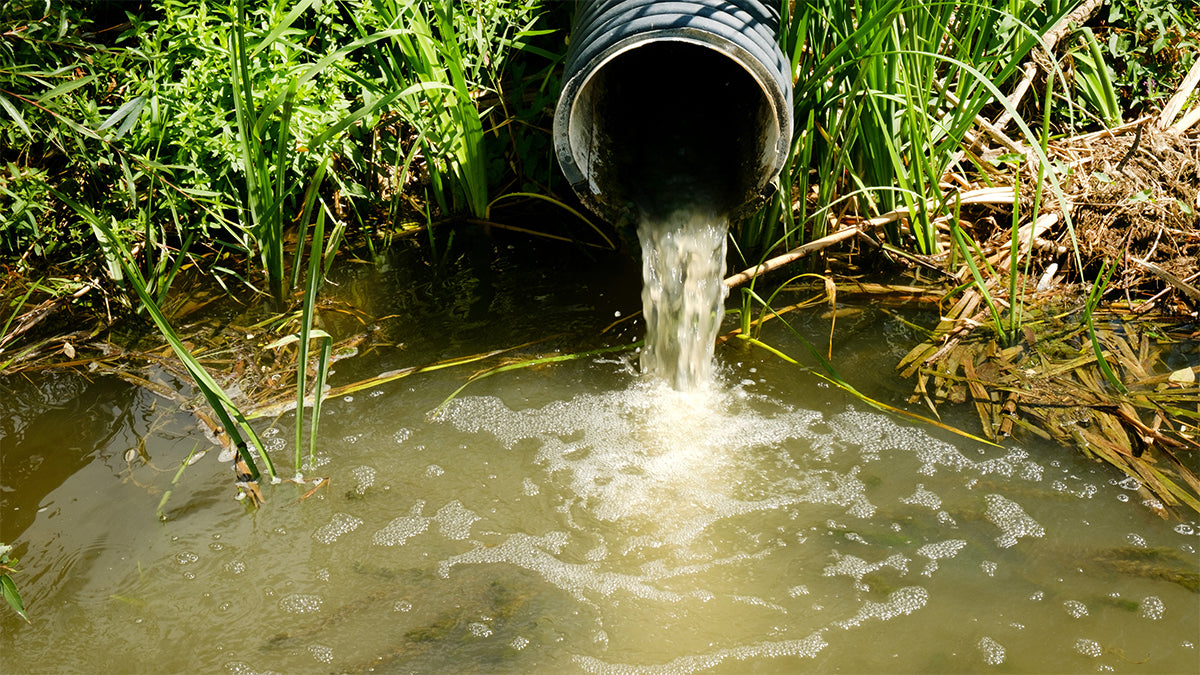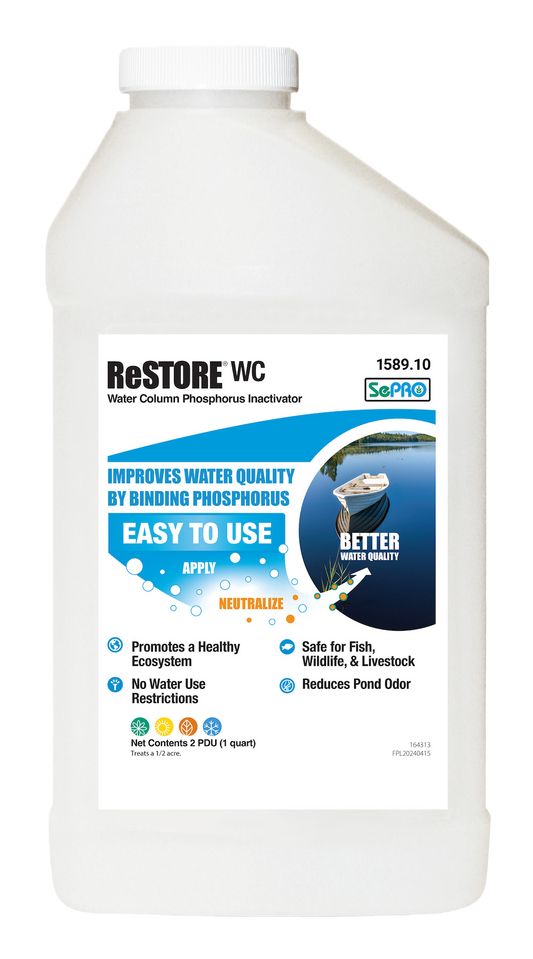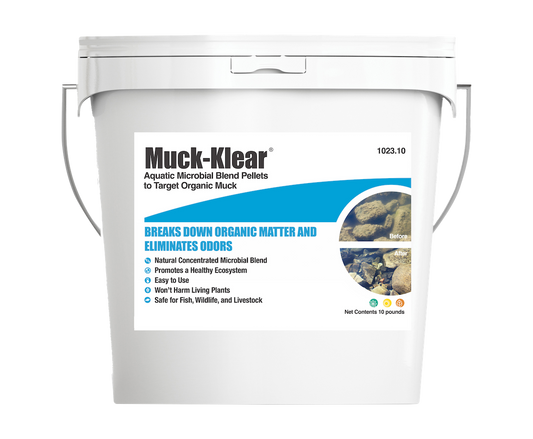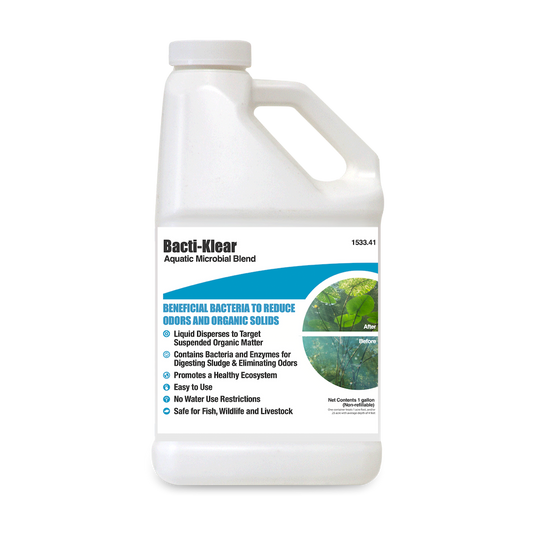Deteriorating water quality in freshwater environments can have multifaceted adverse effects on both the environment and human well-being:
Habitat Disruption: Polluted water disrupts aquatic ecosystems, leading to the potential decline or extinction of plant and animal species reliant on freshwater habitats for survival.
Health Hazards: Contaminated freshwater poses severe health risks for humans, fostering the rapid spread of waterborne diseases such as cholera, typhoid, dysentery, and hepatitis. This particularly affects areas with inadequate sanitation and limited access to clean water.
Impact on Agriculture: Poor water quality adversely affects agricultural practices. The use of contaminated water for irrigation can harm crops, diminish yields, and introduce toxins into the food chain, posing threats to human health.
Economic Repercussions: The economic consequences of degraded water quality are substantial, encompassing increased healthcare costs due to waterborne diseases, revenue loss in industries dependent on clean water, and decreased property values in pollution-affected areas.
Diminished Recreational Opportunities: Contaminated freshwater bodies become unsuitable for recreational activities such as swimming, fishing, and boating. This not only diminishes the quality of life for communities but also impacts tourism and associated industries.
Harm to Aquatic Life: Polluted water directly harms aquatic organisms through toxicity or indirectly by disrupting food chains and habitats, leading to declines in fish populations, loss of biodiversity, and enduring ecological damage.
Eutrophication: Excessive nutrient pollution, often from agricultural runoff with fertilizers, can trigger eutrophication. This process results in heightened algae growth, depleting oxygen levels in the water and creating "dead zones" where aquatic life cannot survive.
Long-term Environmental Degradation: Pollution can persist in freshwater ecosystems, causing sustained harm. Certain pollutants, like heavy metals and specific chemicals, may accumulate in sediment or organisms' tissues, posing ongoing risks to both wildlife and human health.
Addressing poor water quality in freshwater is imperative for safeguarding ecosystems, protecting human health, and fostering sustainable development. Achieving this goal necessitates concerted efforts in pollution prevention, water treatment, and ecosystem restoration.




